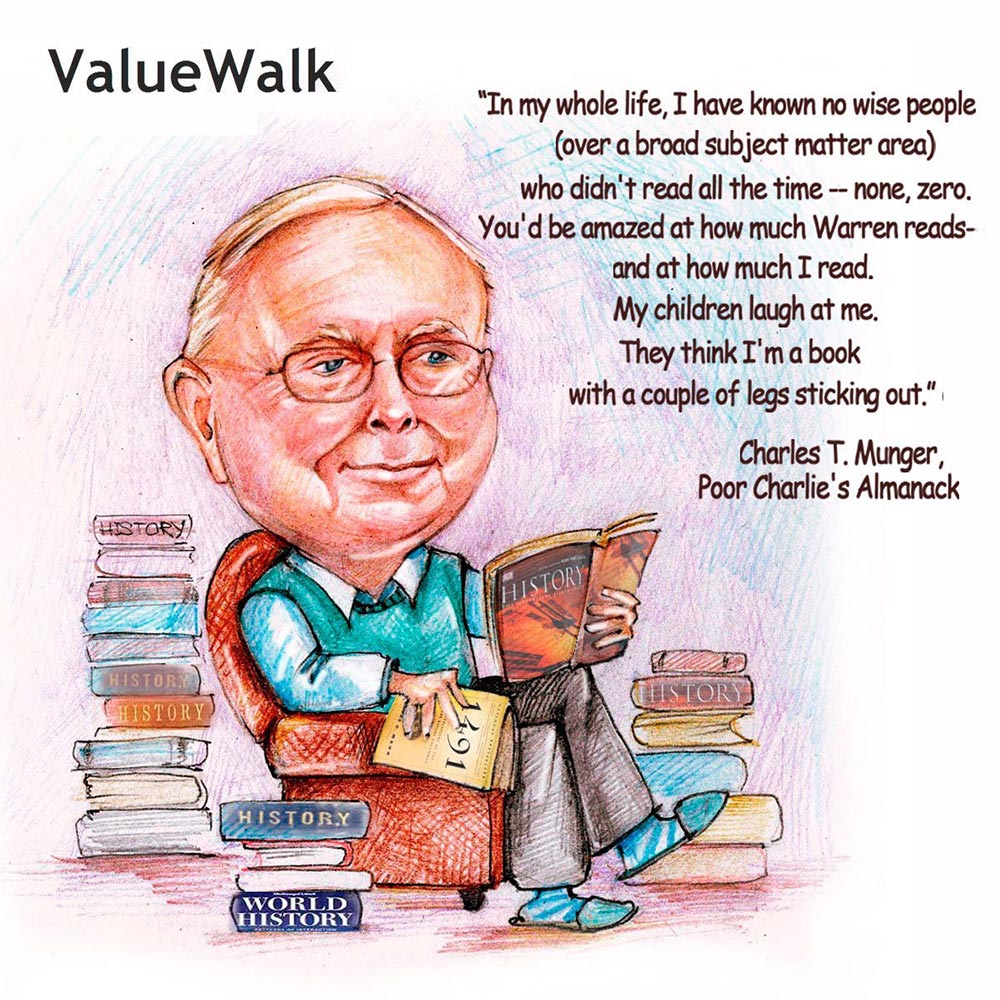Whitney Tilson’s email to investors discussing the IPO market has never been hotter than it is right now; David Brooks on how to build trust; Charlie Munger on ‘a seamless web of deserved trust’.
Q1 2021 hedge fund letters, conferences and more
The IPO Market Is Hotter Than Ever Before
1) I knew the market for initial public offerings ("IPOs") was hot but hadn't realized quite how hot – and it's not just special purpose acquisition companies ("SPACs")! The IPO Market Has Never Been Hotter Than It Is Right Now. Excerpt:
Companies are racing to public markets like never before, cashing in on record-high stock prices.
An all-time high of almost $350 billion has been raised in initial public offerings in the first six months of this year, according to data compiled by Bloomberg, surpassing the previous peak of $282 billion from the second half of 2020 and enriching entrepreneurs and bankers alike.
When the rush for IPOs kicked off last year, stay-at-home technology dominated the scene, seizing on investor interest in anything digital, while special-purpose acquisition companies also flooded the market. This year, with stocks continuing to push skyward, the trend has broadened to include renewable-energy companies and online retailers.
How to Build Trust
2) New York Times columnist David Brooks has some excellent advice on something that is critically important for successful businesses... and people! How to Build Trust: A Practical Guide. Excerpt:
Distrust is a cancer eating away at our society. It magnifies enmity, stifles cooperation and fuels conspiracy thinking. So the question is, how do you build trust?
Within organizations, trust is usually built by leaders who create environments that encourage people to behave with integrity, competence, and benevolence.
That's not just a matter of character, but of having the right practical skills – knowing what to do in complex situations to make people feel respected and safe. Here are some practices leaders have used in their companies and organizations to build trust:
-
- Assume excellence
- Be more human
- No back-channel condemnations
- Discourage cliques
- Don't overvalue transparency
- Maximum feasible vulnerability
- Admit social ignorance
- Give away power
- Answer distrust with trust
Charlie Munger On 'A Seamless Web Of Deserved Trust'
3) Charlie Munger agrees – he often says one of Berkshire Hathaway's (BRK-B) greatest strengths is "a seamless web of deserved trust."
For more on this, I highly recommend his May 2007 commencement address to the University of Southern California law school, which you can watch here (37 minutes). Excerpts:
- A seamless web of deserved trust is the highest form of civilization and what we should aim for – not procedure, precaution-based mumbo-jumbo.
- The safest way to try and get what you want is to try and deserve what you want.
- Wisdom acquisition is a moral duty. It's not something that you do just to advance in life. It's a moral duty. There's a corollary to that proposition – it means you are hooked for lifetime learning. And without lifetime learning you are not going to do very well... You are not going to get very far in life based on what you already know. We constantly see people, who are sometimes not the smartest/wisest, rise continuously in life because they are learning machines. They go to bed every night a little wiser than when they got up and that helps, particularly when you have a long run ahead of you.
- Learn all the big ideas and all the big disciplines, adapt a multidisciplinary learning approach. The really big ideas carry all 95% of the freight. Once you have the ideas, make them a part of your mental routine and practice them. If you don't practice, you lose those ideas.
- Problems usually are easier to solve if you turn them around and think in reverse... In life, unless you are more gifted than [Albert] Einstein, inversion will help you solve that problem that you can't solve another way.
- Sloth and unreliability will really fail you in life. If you are unreliable, it doesn't matter what your virtues are.
- Avoid extremely intense ideologies, it cabbages up one's mind. Think from others' perspectives. [It] can also happen with political ideology. If you are young, it's easy to drift into loyalties. When you announce your loyalty, you start internally shouting it, you are pounding it in, pounding it in, and you are gradually ruining your mind. So be very careful with extreme ideologies. It's a big danger... I am not entitled to have an opinion on a subject unless I can say the arguments against my position better than the people do who are supporting it. Only when I reach that state am I qualified to speak.
- Envy, resentment, revenge, and self-pity are disastrous modes of thought. Self-pity gets pretty close to paranoia – paranoia is one of the hardest things to reverse. You do not want to drift into self-pity... And when you avoid it, you get a great advantage almost over everybody else because self-pity is a standard condition.
- Life will have terrible blows in it – horrible, unfair blows. These are opportunities, don't just sit and cry – make something meaningful out of it. Some will recover and others won't. The attitude of Epictetus is the best: Every mischance in life is an opportunity to behave well, to learn something. Your duty is not to be submerged in self-pity but to utilize a terrible blow in a constructive fashion.






